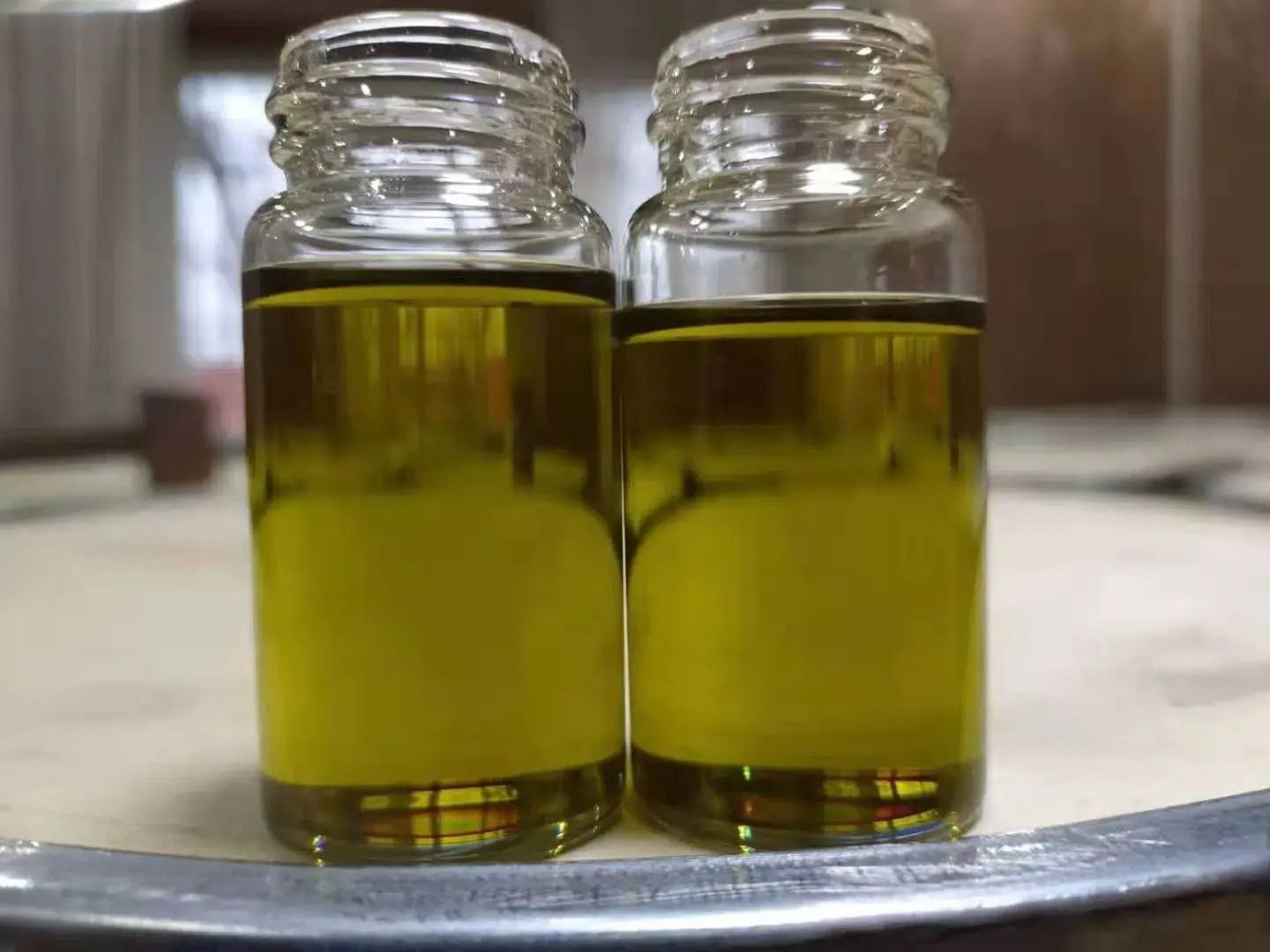
Citronellal is a fascinating compound with a lot to offer. Found in essential oils like citronella, eucalyptus, and lemongrass, it's known for its fresh, lemony scent. But did you know it’s more than just a pleasant aroma? Citronellal is a powerful insect repellent, making it a popular choice for keeping pesky bugs at bay. Beyond that, it has antimicrobial properties, which means it can help fight off bacteria and fungi. This versatile compound is also used in perfumes, cleaning products, and even as a flavoring agent in foods. Ready to learn more? Here are 30 intriguing facts about citronellal that might surprise you!
Key Takeaways:
- Citronellal, found in essential oils, has uses ranging from insect repellents to health benefits. Its natural origin and biodegradability make it an environmentally friendly choice for various applications.
- From its pleasant scent to its potential health benefits, citronellal offers a versatile and sustainable option for a wide range of products, making it a valuable compound in natural medicine and eco-friendly solutions.
What is Citronellal?
Citronellal is a natural compound found in essential oils. It has a fresh, lemony scent and is widely used in perfumes, insect repellents, and flavorings. Let's dive into some fascinating facts about this versatile compound.
- Citronellal is a type of monoterpenoid, a class of terpenes that consist of two isoprene units.
- It is primarily found in the essential oils of citronella, lemongrass, and lemon eucalyptus.
- The chemical formula for citronellal is C10H18O.
- Citronellal has a molecular weight of 154.25 g/mol.
- It is a colorless to pale yellow liquid at room temperature.
- The boiling point of citronellal is around 206°C (403°F).
- Citronellal is insoluble in water but soluble in organic solvents like ethanol and ether.
- It has a density of approximately 0.855 g/cm³.
Uses of Citronellal
Citronellal is known for its wide range of applications. From household products to industrial uses, it plays a significant role in various sectors.
- Citronellal is a key ingredient in many insect repellents, particularly those targeting mosquitoes.
- It is used in the fragrance industry to add a fresh, lemony scent to perfumes and colognes.
- Citronellal is also used in the flavoring industry to impart a citrusy taste to food and beverages.
- It is a common ingredient in cleaning products due to its pleasant aroma and antibacterial properties.
- Citronellal is used in aromatherapy for its calming and stress-relieving effects.
- It is employed in the production of menthol, a compound used in medicinal products like cough drops and topical analgesics.
- Citronellal is used in the synthesis of other chemicals, such as citronellol and hydroxycitronellal, which are also used in fragrances and flavors.
Health Benefits of Citronellal
Citronellal is not just about its pleasant scent and flavor. It also offers several health benefits, making it a valuable compound in natural medicine.
- Citronellal has anti-inflammatory properties, which can help reduce swelling and pain.
- It possesses antimicrobial properties, making it effective against bacteria and fungi.
- Citronellal has antioxidant properties, which can help protect cells from damage caused by free radicals.
- It has been found to have sedative effects, promoting relaxation and better sleep.
- Citronellal may help alleviate symptoms of anxiety and depression.
- It has been shown to have potential anti-cancer properties, although more research is needed in this area.
- Citronellal can help improve respiratory health by acting as a decongestant and expectorant.
Environmental Impact of Citronellal
Citronellal's natural origin and biodegradability make it an environmentally friendly option in various applications.
- Citronellal is biodegradable, meaning it breaks down naturally without harming the environment.
- It is derived from renewable resources, such as plants, making it a sustainable choice.
- The production of citronellal has a lower carbon footprint compared to synthetic chemicals.
- Citronellal-based insect repellents are less harmful to the environment than chemical alternatives like DEET.
- It is non-toxic to aquatic life, making it a safer option for use near water bodies.
- Citronellal does not contribute to air pollution, as it does not release harmful volatile organic compounds (VOCs).
- It is safe for use in organic farming as a natural pesticide.
- Citronellal can be used in eco-friendly cleaning products, reducing the reliance on harsh chemicals.
Final Thoughts on Citronellal
Citronellal, a fascinating compound, plays a significant role in our daily lives. From its natural insect-repellent properties to its use in perfumes and flavorings, this versatile ingredient proves its worth. Its antimicrobial and anti-inflammatory benefits make it a valuable addition to various products. Understanding these facts helps us appreciate the importance of citronellal in both industrial and household applications.
Next time you light a citronella candle or use a product with a fresh, lemony scent, you'll know the science behind it. Citronellal isn't just a pleasant aroma; it's a powerhouse of benefits. Whether you're looking to keep bugs at bay or enjoy a soothing fragrance, citronellal has got you covered. Embrace the knowledge and make informed choices about the products you use every day.
Frequently Asked Questions
Was this page helpful?
Our commitment to delivering trustworthy and engaging content is at the heart of what we do. Each fact on our site is contributed by real users like you, bringing a wealth of diverse insights and information. To ensure the highest standards of accuracy and reliability, our dedicated editors meticulously review each submission. This process guarantees that the facts we share are not only fascinating but also credible. Trust in our commitment to quality and authenticity as you explore and learn with us.
